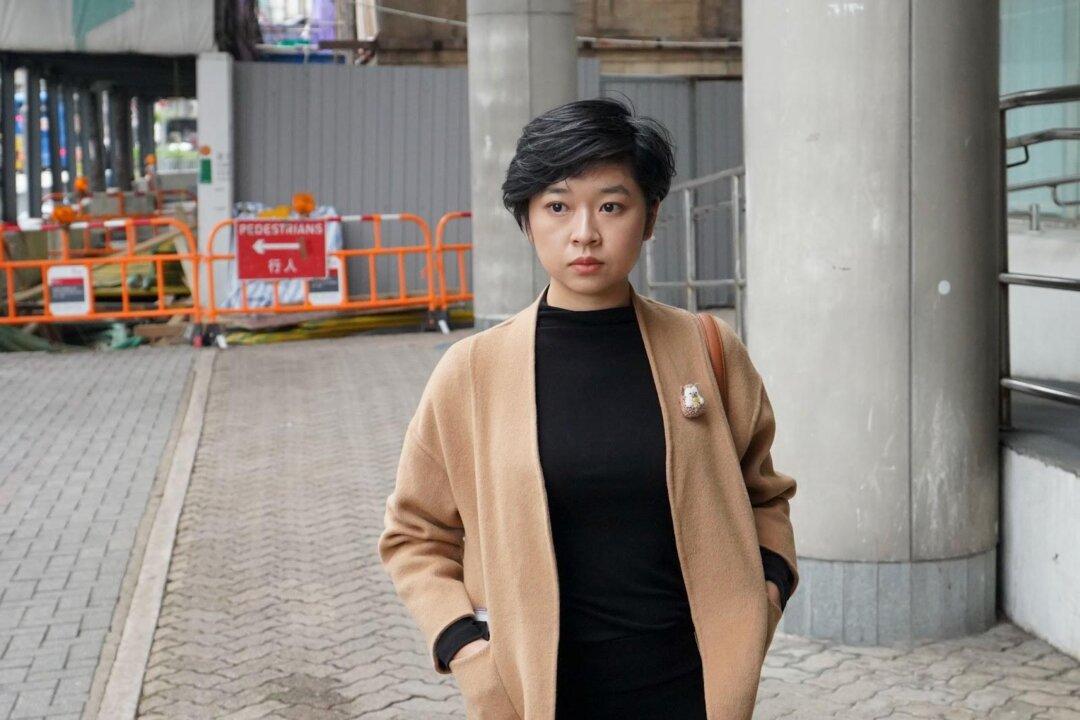Age-related macular degeneration (AMD or ARMD), a common eye disease in the elderly, is categorized into DRY and WET. Wet macular degeneration or Neovascular AMD can also be the culprit of vision loss.
A patient organization survey found that, follow-up diagnosis of nearly 20 percent of patients with wet elderly macular degeneration, were on average, delayed by up to two months due to the fifth wave of the pandemic.




